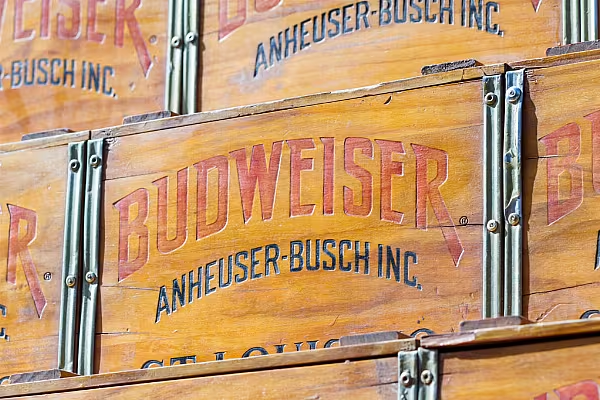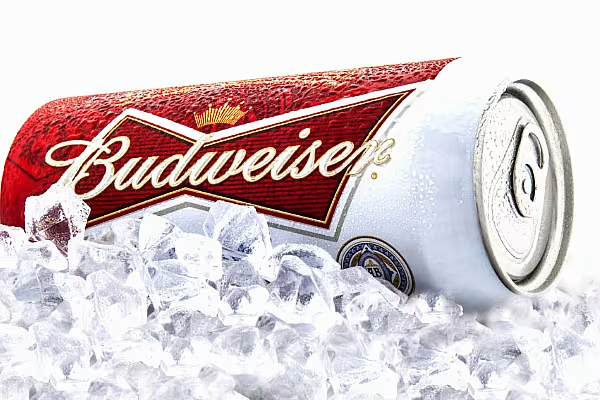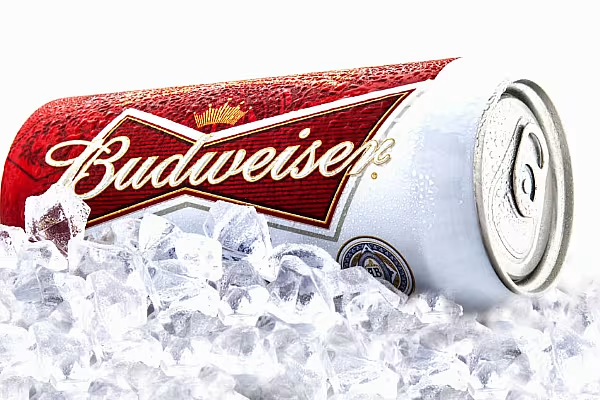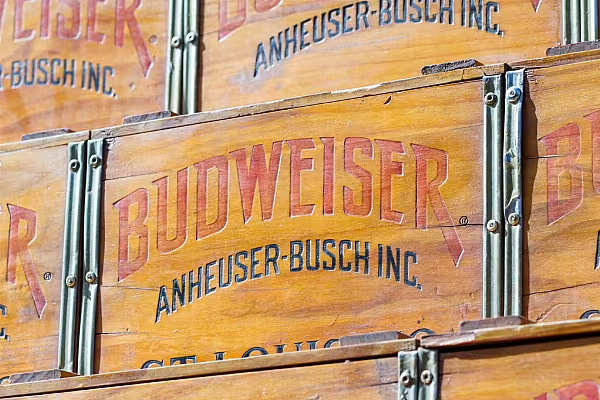Megabrew isn't mega enough for SABMiller. The London-based brewer should walk away from Anheuser-Busch InBev's proposed takeover.
The pound's 10 percent trade-weighted drop after the Brexit vote sparked complaints by some of the target's shareholders on the terms of the deal, and today AB InBev capitulated, raising its offer by a pound to 45 pounds a share.
The sweetener may be enough for the hedge funds who agitated for one -- SABMiller shares are trading just below the value of the raised offer. AB InBev says the new bid is worth a total of 79 billion pounds ($104 billion).
But the world has changed since SABMiller agreed to be bought by its Belgian counterpart last November.
AB InBev's interest in a possible deal first surfaced in September, just after a severe bout of market turmoil pushed SABMiller shares down to around 29 pounds. Prior to that, the target's shares were hovering around the 34-pound mark.
Imagine there had been no bid from AB InBev. The FTSE consumer goods index is up more than 17 percent since its level in mid-August, just before markets wobbled. If SABMiller's stock had tracked that, it would be trading at around 40 pounds now, so the latest takeover offer would represent a mere 12.5 percent premium. Thirty percent is the usual minimum for a takeover.
True, SABMiller itself is has a significant weighting in the consumer index, but this doesn't change the overall picture much. A host of U.K. companies with international earnings, from Diageo to Burberry, have outperformed following sterling's devaluation. SABMiller, with 80 percent of its revenue outside Europe, would have been one of this group were its shares not already affected by AB InBev's bid.
The changes AB InBev announced today include a more-generous partial share alternative, worth just over 51 pounds. This, however, does not provide a solution. It's designed specifically to benefit two big investors, Altria and Bevco, with 40 percent of SABMiller between them. Shareholders can't take this option for the full value of their holdings, and the stock involved is subject to trading restrictions for five years.
SABMiller looks like it's in a tight spot. AB InBev has declared its new offer "final," so under U.K. takeover rules there is no scope for negotiation. In weighing whether to recommend the new bid, SABMiller's board must choose between the deal on the table or independence.
The decision isn't just about the price of the deal. SABMiller's directors must also reconsider, in light of the greater familiarity they now have with AB InBev, the risks of combining two companies with such different cultures.
The SABMiller board has to consider the interests of all investors and the company as a whole, not just hedge funds and big holders. The company now trades on a forward price-earnings ratio of 25.4, a premium to peers, but not a massive one. While the collapse of Megabrew would lead to a drop in SABMiller stock, this would surely not be to the level of last summer.
The board should ask itself whether it would recommend this deal if it landed today. The answer is surely no.
By Chris Hughes. This column does not necessarily reflect the opinion of Bloomberg LP and its owners.
News by Bloomberg, edited by ESM. To subscribe to ESM: The European Supermarket Magazine, click here.














